


Blink blink !
Its almost here


Hatchback vs Compact SUV - Which one should you pick?
- 1Hatchbacks generally offer better interior space, features and ride quality
- 2Compact SUVs offer better seating position, road presence and ground clearance
- 3Hatchbacks are considered better value for money than compact SUVs
Picking the right car begins with identifying your own usage needs and priorities. While everyone may have preferences in the hatchback vs compact SUV debate, a well thought out purchase will stand the test of time better. Hatchbacks in a similar price range to compact SUVs generally offer more interior space, features, fuel efficiency and better seating. On the other hand, compact SUVs bring higher ground clearance, better bad road abilities and more diverse powertrain options in some cases. This article will dive into the differences between compact SUVs and hatchbacks available in a similar price range to help you decide between the two.
Join the CARS24 official car community, AUTOVERSE for more insights, discussions and more.
Key Differences Between Hatchback and Compact SUV
B2-segment hatchbacks such as the Maruti Suzuki Baleno, Hyundai i20 and Tata Altroz correspond with B2-segment SUVs like the Maruti Suzuki Brezza, Hyundai i20, Tata Nexon and the like in the under 3,999mm length category. Technically speaking, these sub-4 metre SUVs are known as the sub-compact SUV but are popularly referred to as compact SUVs. Currently the compact SUV segment offers far more choice than the hatchback segment showing the way the market is leaning. The differences between hatchback and compact SUV can be summarised as follows:
| Comparison Factor | Hatchback | Compact SUV |
| Price | Generally priced lower than equivalent compact SUV | Priced at a premium to hatchbacks |
| Dimension | Similar in length to compact SUVs but lower overall | Overall max height taller, sometimes wider too |
| Mileage | Generally rated for higher fuel efficiency than compact SUVs | Compact SUVs rated for lower fuel efficiency due to aerodynamics and weight |
| Safety rating | Generally comparable safety ratings | Certain compact SUVs have better safety ratings than their hatchback counterparts. Ex: Hyundai i20 is GNCAP 3-stars, Hyundai Venue is GNCAP 4-stars |
| Comfort and Convenience | Usually offer better seat comfort, longer wheelbase, a wider cabin and better-tuned suspension for city driving | Usually offer higher seating positions, less rear legroom and usually stiffer suspension to cope with extra weight |
| Performance | Can offer more sprightly performance due to lower kerb weights | Performance slightly dulled in comparison to hatchbacks |
| Boot Space | Smaller boot as compared to compact SUVs in most cases | Marginally more boot space. Ex: Hyundai i20 has 311 litres boot space, Hyundai Venue offers 350 litres boot space |
Design and Size
While most hatchbacks and compact SUVs are around the same length overall, minute differences in width and wheelbase affect interior space. Additionally, compact SUVs are often much taller giving them the typical SUV profile. Both categories of cars are easy to park and navigate in city driving. Hatchbacks generally carry more style and flair in terms of design but compact SUV styling are more striking, masculine and bold.
Driving Comfort
Common feedback across users of both hatchbacks and compact SUVs usually touches upon the greater driving comfort in hatchbacks — to an extent. The marginal extra width in these hatchbacks does make for a wider cabin, which makes for more elbow room in the front and more room for three passengers in the rear. However, there’s no denying that compact SUVs offer a higher driving position than hatchbacks, which results in more driver confidence, making them a better choice for new drivers.
Purpose and Utility
Hatchbacks are generally considered more suitable for solo drivers or smaller families while compact SUVs are considered better for family travel or even highway driving. Ironically, most premium hatchbacks offer more rear seat space for three passengers than the equivalent compact SUV. While both handle city driving admirably thanks to their compact dimensions, some buyers prefer the higher seating position of the compact SUV.
New vs. Used Compact SUV and Hatchback: Cost Analysis
Costs are a major factor to be considered when choosing between a compact SUV and a hatchback. From the more affordable upfront purchase price to lower running, maintenance and insurance costs, hatchbacks (either new or a used hatchback) would be the better option for the cost-conscious buyer.
| Factor | New Hatchback | Used Hatchback | New Compact SUV | Used Compact SUV |
| Purchase price | Hyundai i20 - ₹7 lakh-11.2 lakh ex-showroom | Hyundai i20 - ₹6.28 lakh-9.58 lakh (2020-2023 models) | Hyundai Venue - ₹7.9 lakh-13.6 lakh ex-showroom | Hyundai Venue - ₹6.56 lakh-11.54 lakh (2019-2023 models) |
| Depreciation (5 years) | Can lose up to 30-40% of original value | Depreciation slows after 4-5 years | Can lose up to 30% depending on variant | Lower depreciation for older models |
| Maintenance costs | Low maintenance costs | Low maintenance costs | Relatively marginally higher | Relatively marginally higher |
| Fuel efficiency | ARAI rated - 20.35kmpl (1.2 P MT) | - | ARAI rated - 17.27kmpl | - |
| Insurance premiums | From ₹10,000 approximately | - | From ₹14,500 approximately | - |
When to Choose a Hatchback (New or Used)
.jpg)
With hatchbacks being priced lower than compact SUVs in the same segment, often with similar features and engine/gearbox options, they become the value-for-money choice. For the budget-conscious buyer, their needs will be met by a hatchback most of the time. The additional size and weight of a compact SUV may intimidate some newer drivers, again making the hatchback a viable choice. Generally, the hatchback is considered more than adequate for city driving, commuting and short trips. In areas where bad roads are common, the hatchback may prove to be less suitable than a compact SUV. If a buyer is set on an SUV but has a tight budget, one can consider looking at used SUVs in their chosen budget.
Pros and Cons of Buying Hatchbacks
A hatchback is any two-box car with a rear hatch that flips upwards. Hatchbacks have traditionally been small-sized and marketed as economical city cars that are easy to drive. The premium hatchback segment was created to blend those characteristics with more space and features under the 4 metre length to capitalise on tax laws. These are the pros and cons of hatchbacks to consider:
Advantages:
- Hatchbacks are conveniently sized for city driving but with large enough boot space for most uses
- Cheaper to purchase, maintain and insure
- Lower running costs thanks to better fuel efficiency
- More rear seat legroom and often better cabin shoulder room as well
Generally engineered with softer suspension for better ride quality
Disadvantages:
- Could be viewed as not as premium as compact SUVs
- Lower ground clearance means hatchbacks aren’t as suitable to tackle bad roads
| Pros and Cons of Buying Second-hand Hatchbacks | |
| Pros | Cons |
| More affordable price of entry than new | Less resale value than new |
| Low running costs | Potentially high service bills on a high-run used hatchback versus new |
| Good space and comfort on a budget | Older models may be lacking features as on new models |
When to Choose a Compact SUV (New or Used)
.jpg)
To the average buyer, the allure of owning an SUV on a hatchback budget can prove to be too strong to resist. With modern, rugged styling and high ground clearance, the compact SUV is the perfect version of the SUV for crowded city roads. Coupled with the fact that the high clearance helps tackle our roads many obstacles and the compact SUV has become one of the highest-growing segments in the country.
Pros and Cons of Compact SUV
The compact SUV segment was created to take advantage of the sub-4 metre rule with lower taxation in India. Born from the rising popularity of the SUV body style, compact SUVs blend the styling and stance of the SUV with the footprint of the premium hatchback. In fact, many still view C-SUVs as raised hatchbacks. These are the pros and cons of compact SUVs to consider before buying:
Advantages:
- SUV designs in a compact footprint make them an aspirational purchase
- Offer a more commanding driving position than hatchback or sedan body styles
- Higher ground clearance than hatchbacks for tackling poorly designed speed breakers and bad roads
- Generally, more boot space than hatchbacks
Some compact SUVs are higher rated in safety than hatchbacks
Disadvantages:
- Compact SUVs generally have stiffer suspension than hatchbacks to negate brake dive and body roll with the higher centre of gravity
- Generally heavier than a similarly sized hatchback, resulting in less agile handling and lower fuel efficiency though some compact SUVs can still be quite efficient
- Usually have higher running costs and maintenance costs than hatchbacks
| Pros and Cons of Buying Second-hand Compact SUV | |
| Pros | Cons |
| More affordable than a new compact SUV | Not saving much on a used car as SUV resale values are still quite high, not much room for bargaining |
| Practical options available in the used market | Given the buzz in the space, new models can decrease the value of outgoing models |
Popular Hatchback and SUV Models in New and Used Markets
| Model | Body type | New prices | Used prices | Notable features | Resale values |
| Maruti Suzuki Baleno | Hatchback | ₹7.5 lakh-11 lakh on-road New Delhi | ₹4.7 lakh-7 lakh (2017-2020 models) | Large, spacious cabin, soft suspension setup | New model has dropped value of older models |
| Maruti Suzuki Brezza | Compact SUV | ₹9.4 lakh-16.2 lakh on-road New Delhi | ₹6.7 lakh-8.15 lakh (2020-2021 models) | Larger petrol engine than hatchback, older models were diesel-powered | New model has dropped value of older models |
| Hyundai i20 | Hatchback | ₹8 lakh-12.6 lakh on-road New Delhi | ₹6.28 lakh-9.58 lakh (2020-2023 models) | Sharp styling, modern interiors, peppy turbo engine | Old models holding values well due to price hikes on recent models |
| Hyundai Venue | Compact SUV | ₹8.9 lakh-16 lakh on-road New Delhi | ₹6.56 lakh-11.54 lakh (2019-2023 models) | Wide spread of engine/gearbox options | Holding value well |
As you can see, used Maruti Suzuki Baleno, along with used Maruti Suzuki Brezza, are popular models in the used car market.
Conclusion
As always, the car buying decision comes down to budget. For most people, the premium hatchback will fit their needs and usage scenarios better than a compact SUV. At the same time, the few times that you do need the extra ground clearance over bad roads will be enough to make you wish you had spent the extra money on a compact SUV. That still remains a compact SUVs strongest selling point - the extra ground clearance. That said, newer compact SUVs are making the gap wider with more features, better engine/gearboxes and sharper styling. The sheer choice available now versus the handful in the hatchback space says it all.
Frequently Asked Questions
Expand all

Blink blink !
Its almost here



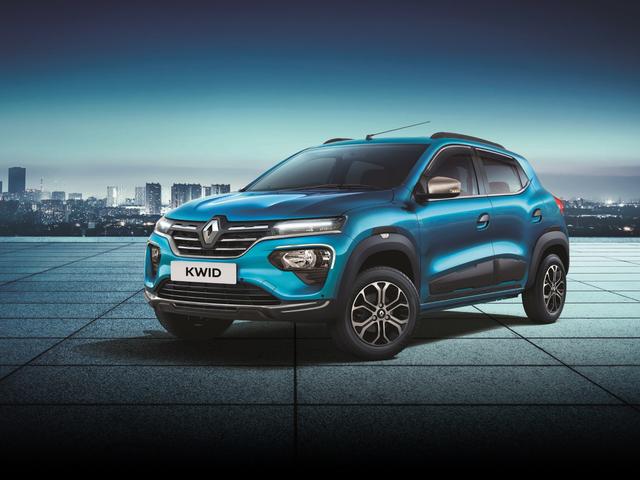

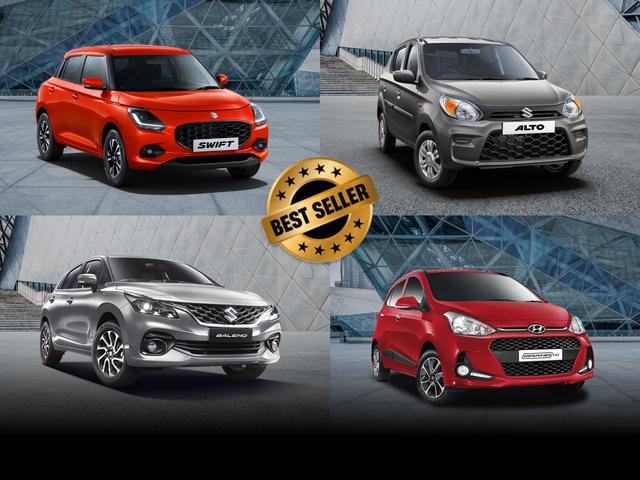

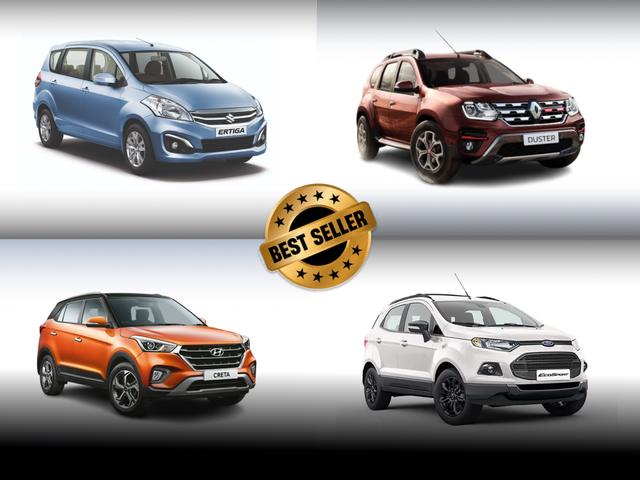

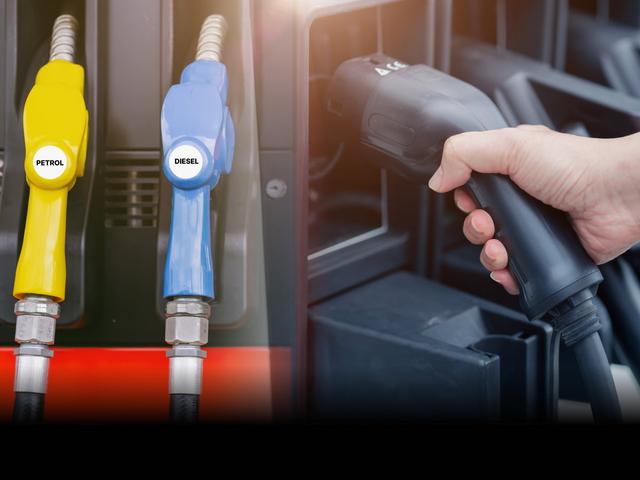

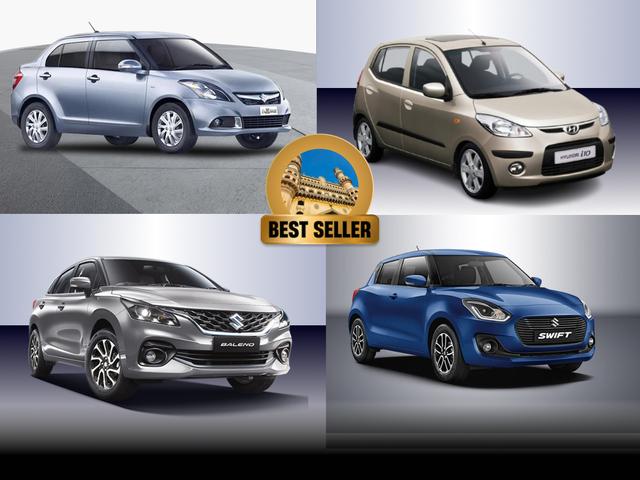

.jpg&w=640&q=75)



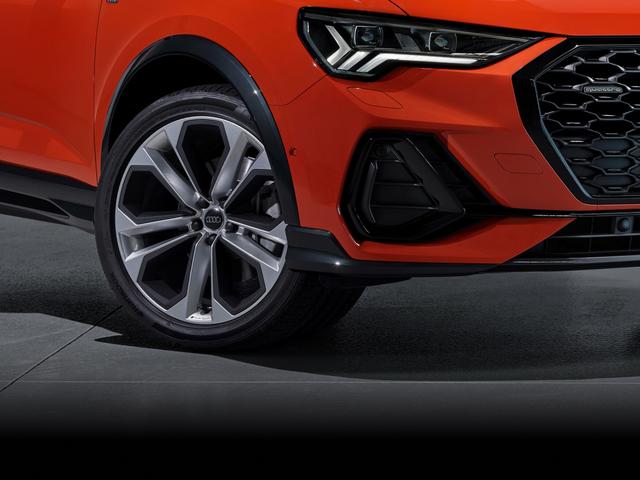





Blink blink !
Its almost here

.jpg&w=828&q=75)
-(1).jpg&w=828&q=75)








